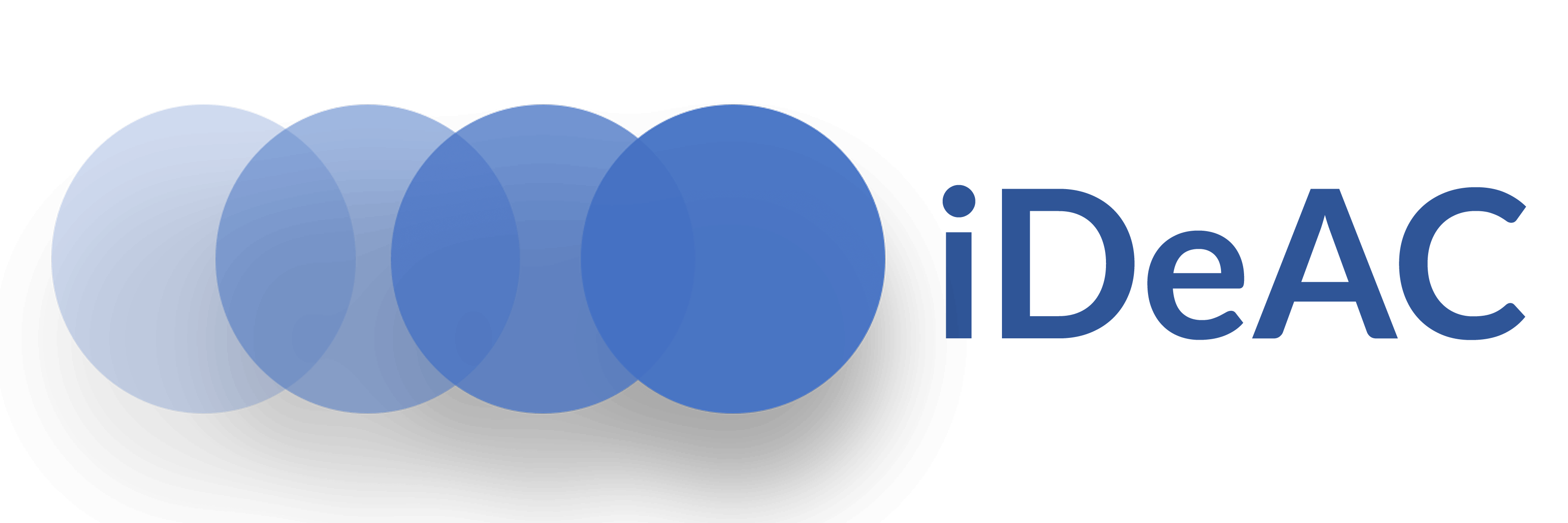research
Theme Group:
Funding:
About the project:
The NHS sees over a million people with a head injury every year – thousands every day. Some get better over time but for about 1 in 3 people a moderate-severe traumatic brain injury (TBI) sets off a progressive problem. On scans we can see the brain shrinking over time. Therefore, TBI is an important cause of dementia. We do not know why some people get better while others get worse, and this makes it difficult to treat – there is no ‘one size fits all’. If we want a treatment that works, we need to identify who will get worse before their brain has suffered too much shrinkage. We can then give targeted treatment to the right people at the right time.
Looking at the blood vessels of the brain can help us achieve this. Blood vessels can become damaged after an injury and if they do not repair well, this could lead to inflammation, bleeding, and further brain damage. In multiple sclerosis, a different brain disease, we have found that repairing the blood vessels early on leads to long-term remission. Now we want to find out if a similar approach will work for people with TBI.
People with recent TBI will have an advanced MRI scan that measures the health of the blood vessels. By repeating these scans over time, for each person we can work out how well their blood vessels repair after the injury. We can then link this to brain volume to determine if poor blood vessel repair leads to progressive brain shrinkage.
Key iDeAC expertise:
Related projects:

